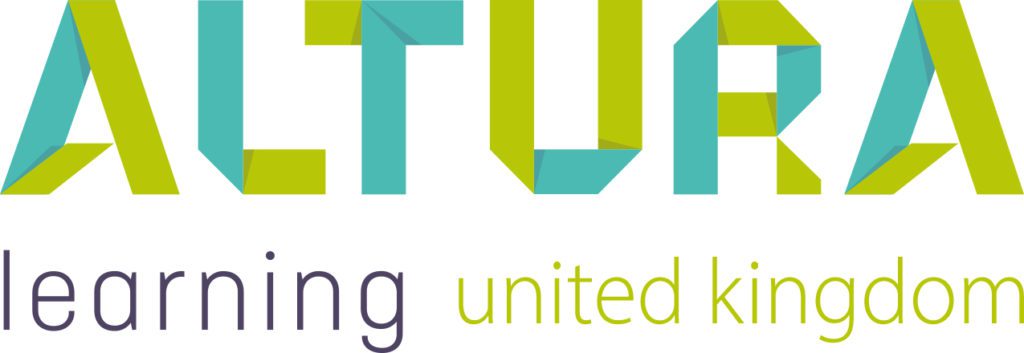Home | Altura Blog |
Choosing the Right Courses for Staff Induction and Orientation
March 4, 2022 | Altura Blog
Topic:
h
Choosing the right orientation or induction courses for your staff is pivotal in ensuring they are equipped with the right skills and knowledge to perform their role, not just competently, but to a high standard.
What is Induction or Orientation Training?
An induction or orientation is conducted when new staff commence at the organisation. The staff will be provided with training on their role and responsibilities, as well as the organisation and work environment. This may include online learning, 1:1 meetings, assigning a buddy or mentor, or providing on-the-job training. The aim of induction or orientation training is to support new staff to understand how their role fits within the larger team, as well as the organisation. An effective induction should make the staff feel more comfortable, by providing clear expectations of their role and the organisation’s way of working.
The Benefits of a Good Induction
A good induction should support a smooth transition for new staff within the organisation and ensure that they provide services that align with the organisation’s values and expectations.
However, a good induction isn’t just important for delivering quality services – it can also play a crucial role in staff retention. Staff who receive a strong and comprehensive induction are empowered to be successful in their chosen career and therefore more likely to stay. As suggested by the CIPD, when the induction and orientation process is directly linked to the organisation’s values, policies and expectations, staff can feel better integrated within the team even before they have walked through the door.[1] [2]
How to Create Induction Training
- Review the legislative and regulation requirements
It is essential that all staff understand their role and responsibilities under current legislation and regulations, as well as supporting guidance from the Care Quality Commission (CQC) Fundamental Standards and Skills for Care Core and Mandatory Training[3] . Training staff in these topics is essential for maintaining compliance, but it will also help staff to understand the requirements of the services they deliver and the support available to them, in order for them to fulfill the expectations of their role.
- Consider your organisation’s strategic plan
Knowing what courses will meet your specific organisational needs requires some analysis. Before creating an induction plan for new staff, review your current organisational strategic plans. These plans should identify what the priorities are for your organisation, where to focus resources to strengthen operations and improve services, and identify agreed outcomes or common goals. Your organisation will have core values and a statement of purpose that should underpin your training decisions, to ensure that values are aligned and everyone is working towards the same objectives.
- Tailor the training to the specific role
There are some general topics that will apply to every new staff member, regardless of their role; however, there may also be role-specific training that will be required. For example, a kitchen assistant may be required to complete Food Safety training, whereas a care worker may be required to complete more care-related topics, such as Assisting a Person to Shower. Consider the role and responsibilities of each new staff member, and tailor the training accordingly.
How Can Altura Learning Support Your Organisation?
Altura Learning has created a residential and home care Mandatory and Orientation Course Suggestion Guide to help you choose the right courses for your induction and orientation training. The courses listed in the guide are often utilised as part of the orientation training, when inducting new staff, as well as refresher training, at regular intervals. To achieve compliance, it may be necessary for certain mandatory courses to be repeated at annual intervals. The guide also provides suggestions on which courses require a practical assessment, before the learner can be deemed competent.
For organisations using our Bridge LMS, the authoring tool can also be used to develop bespoke organisational training to further support your staff.


